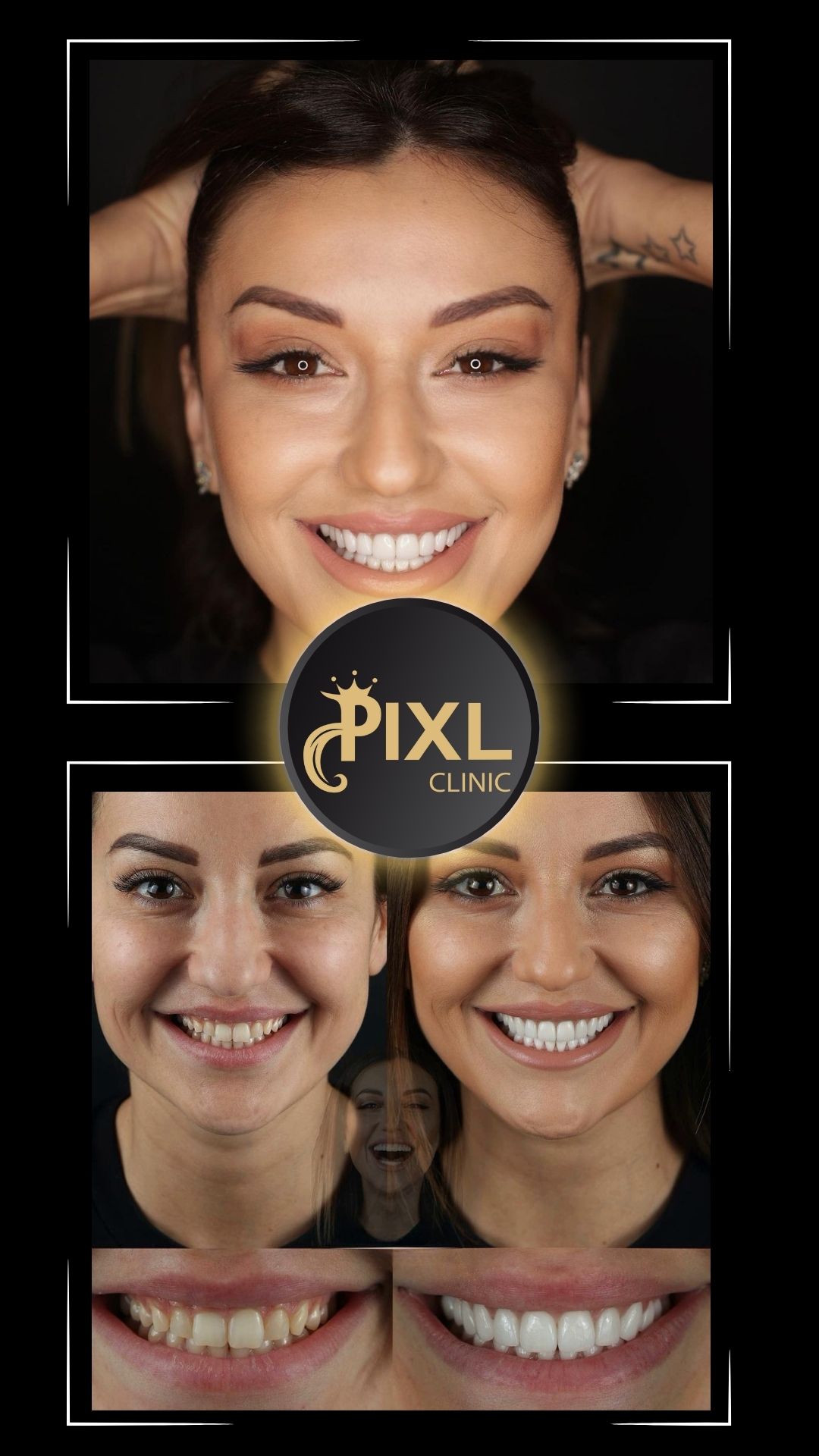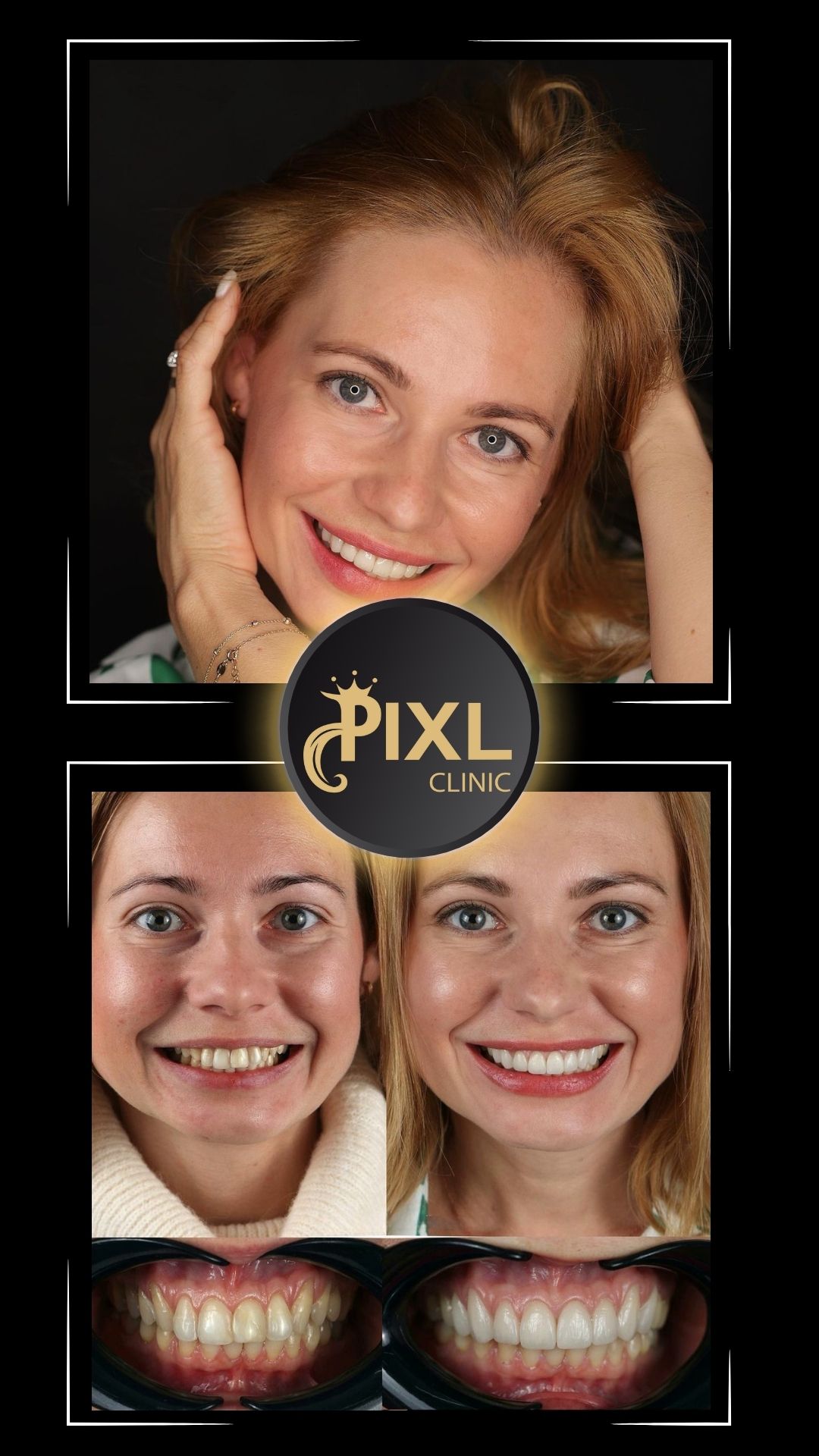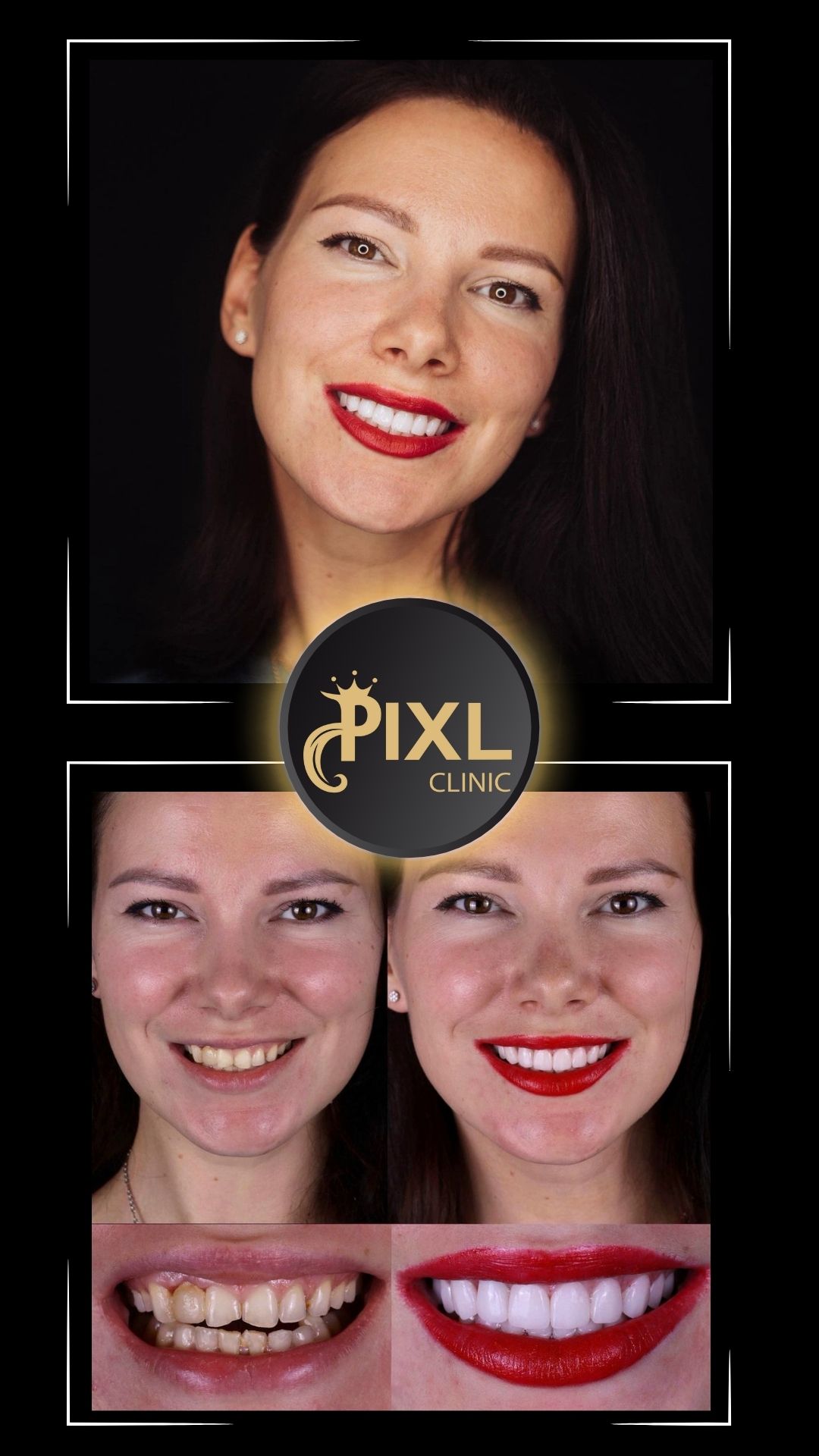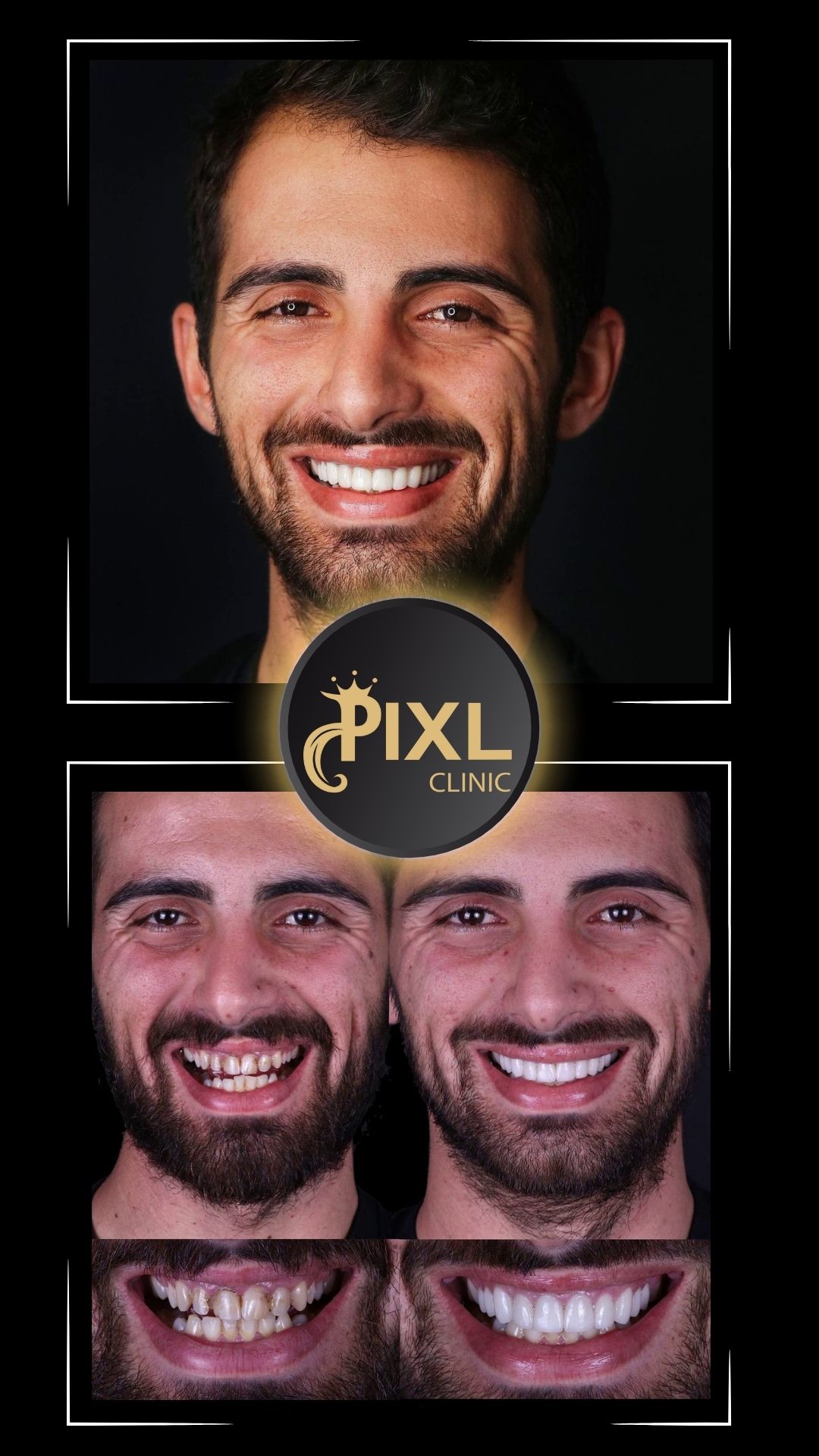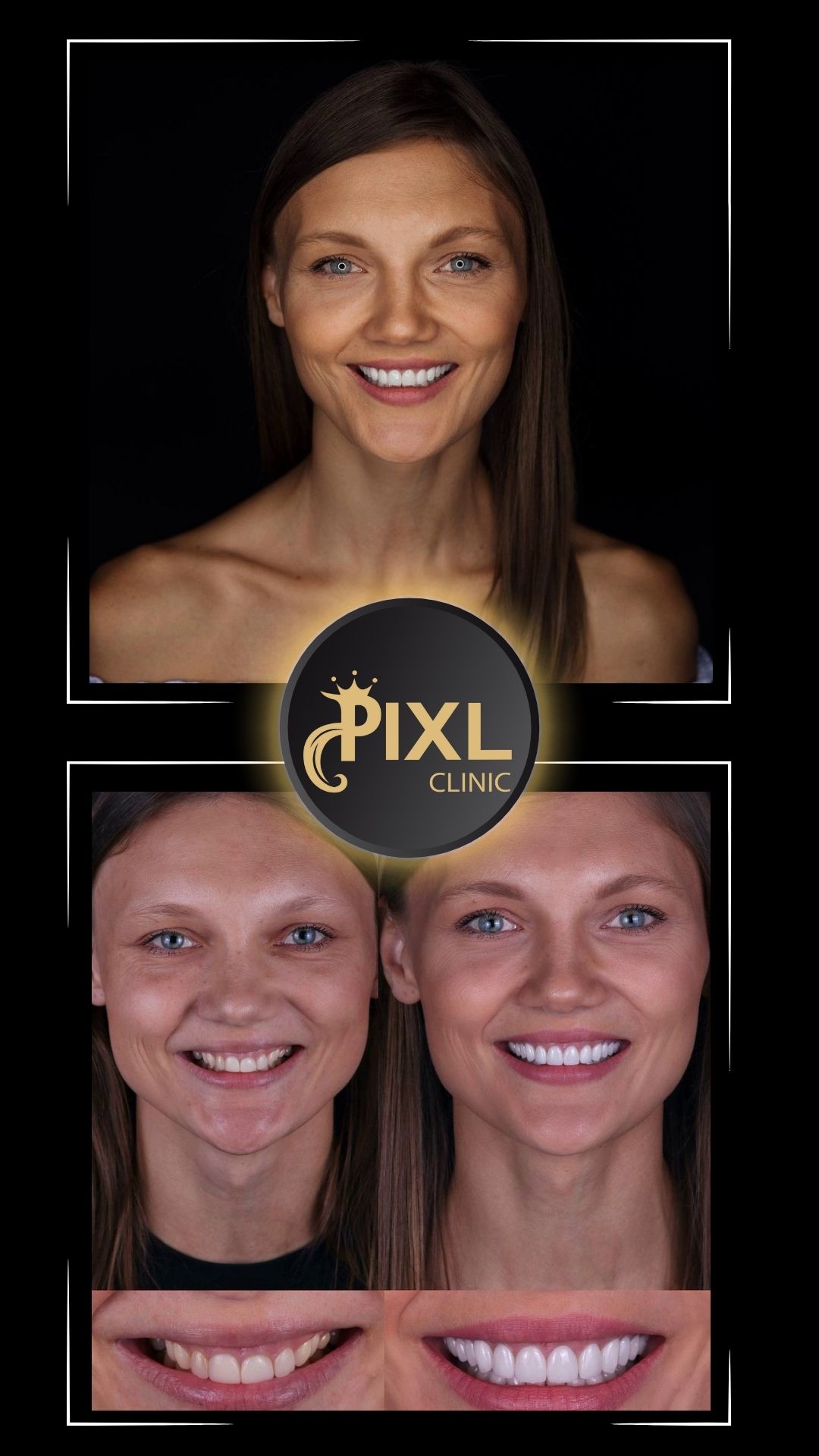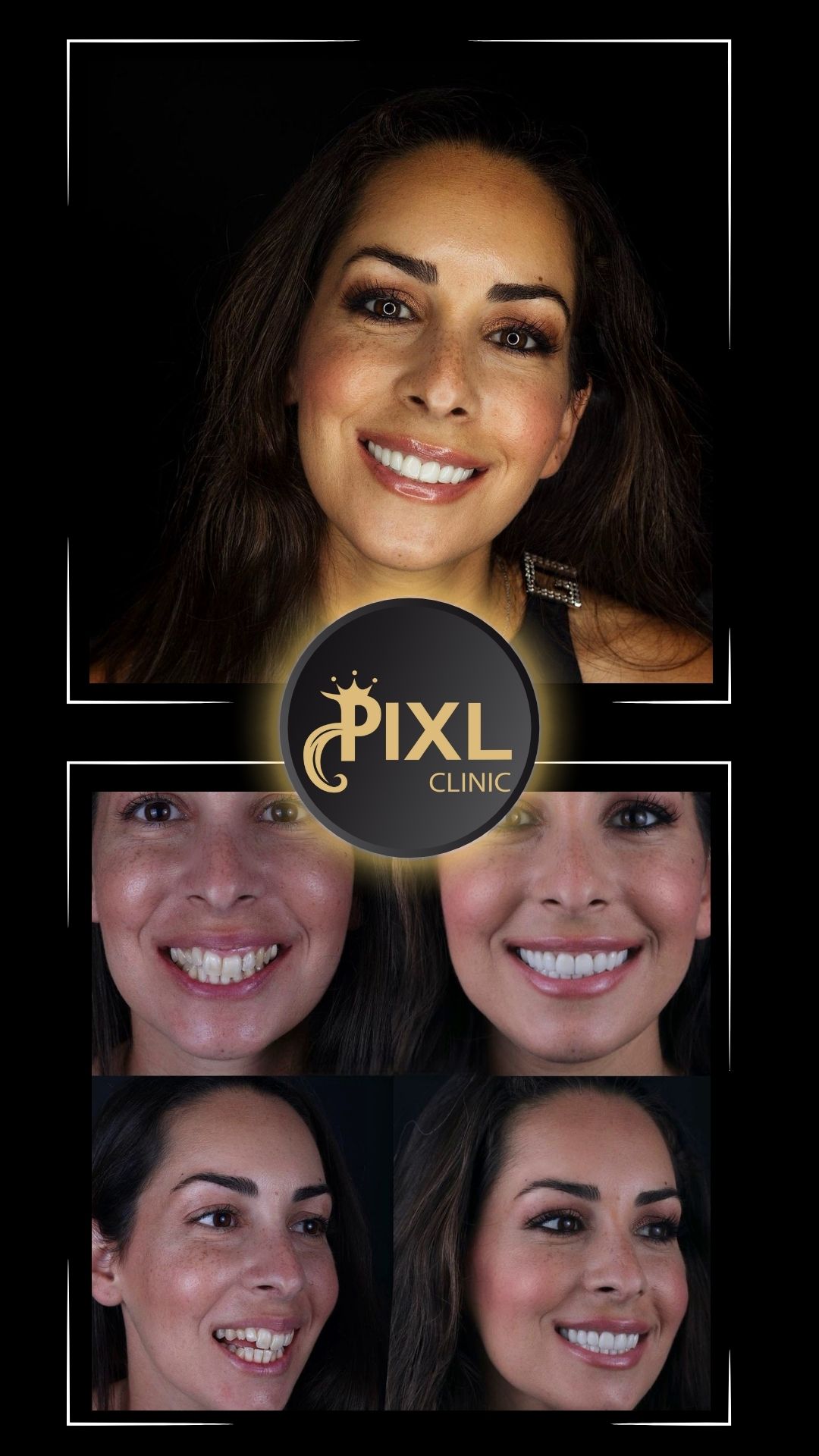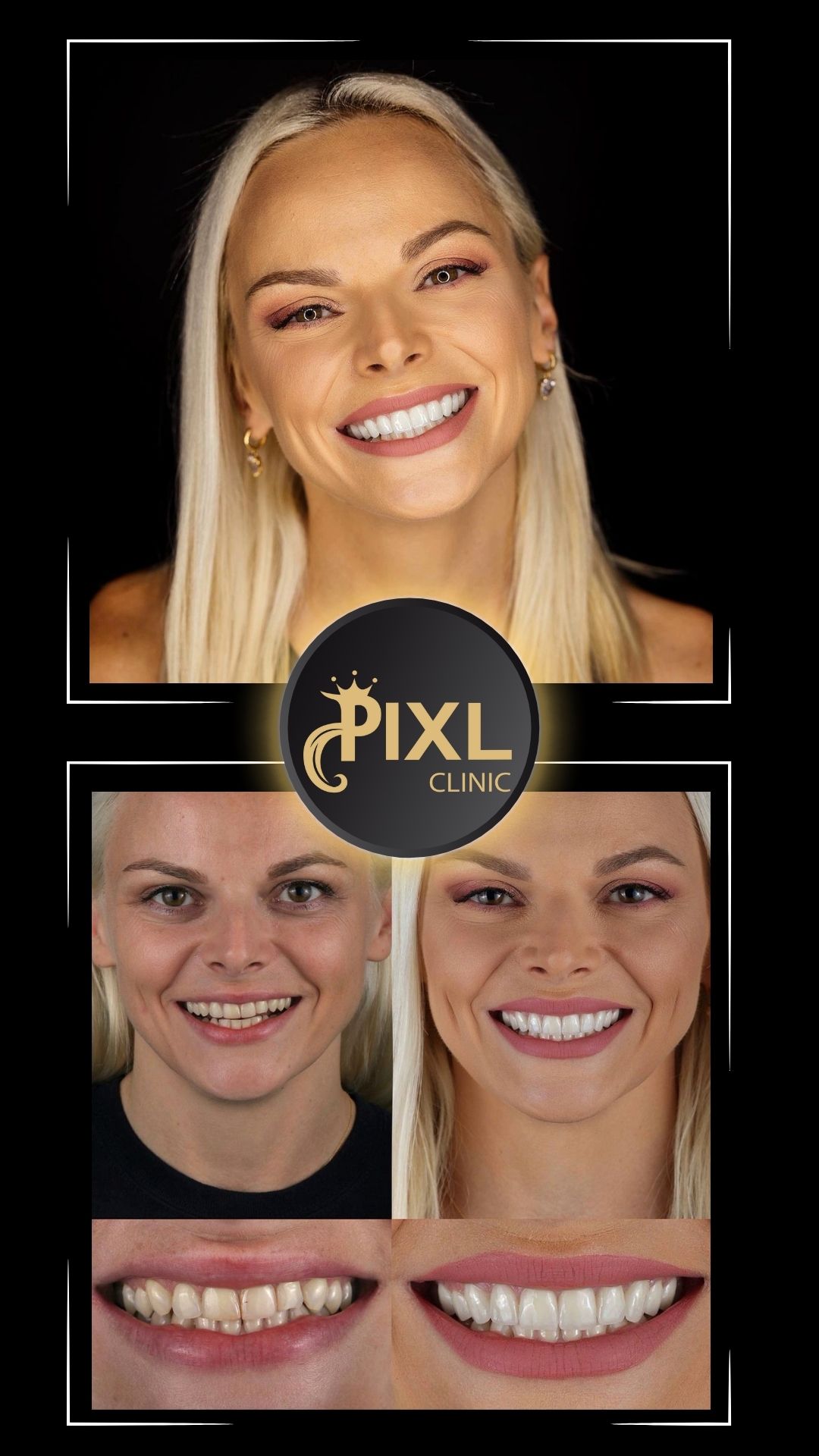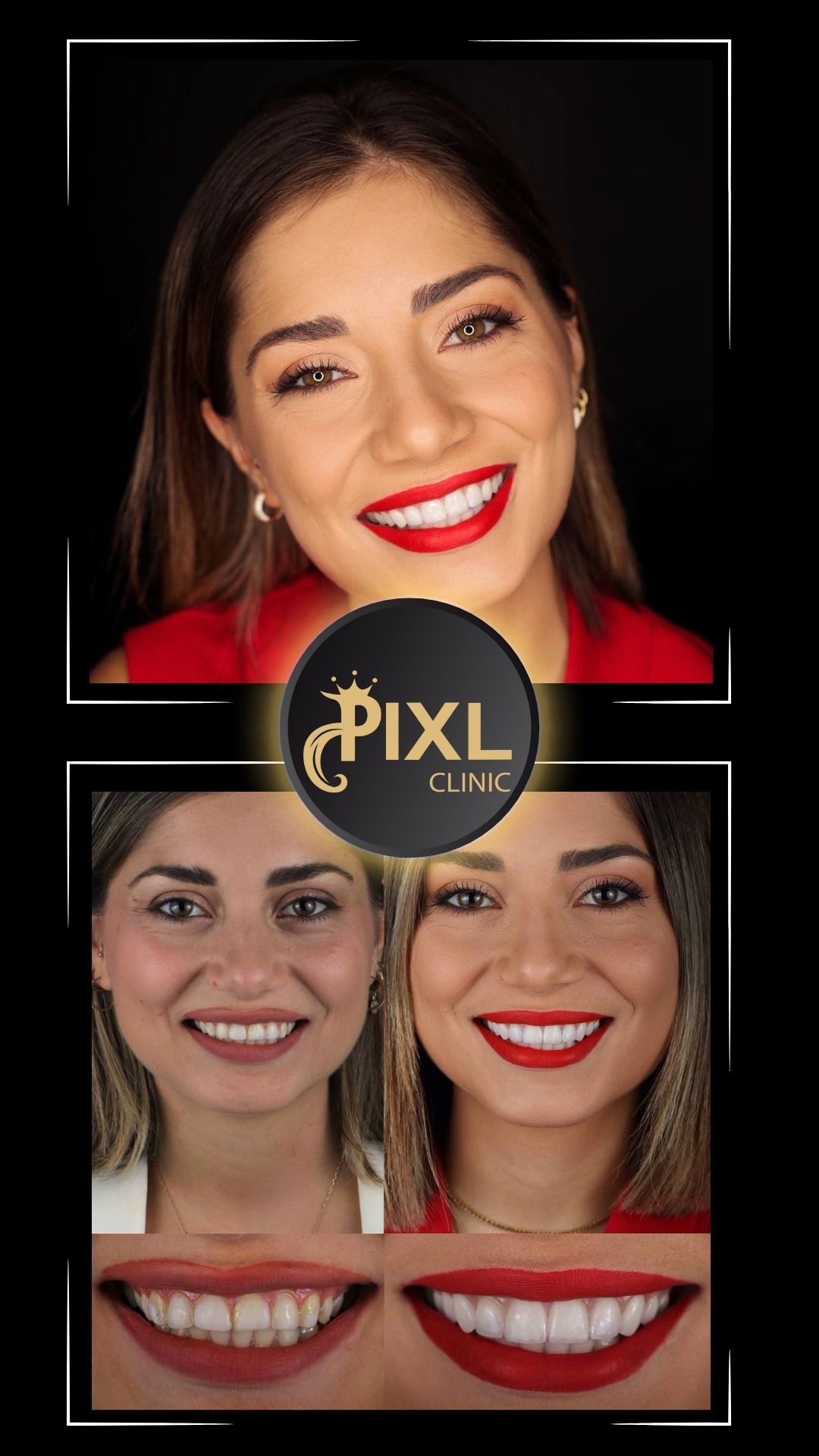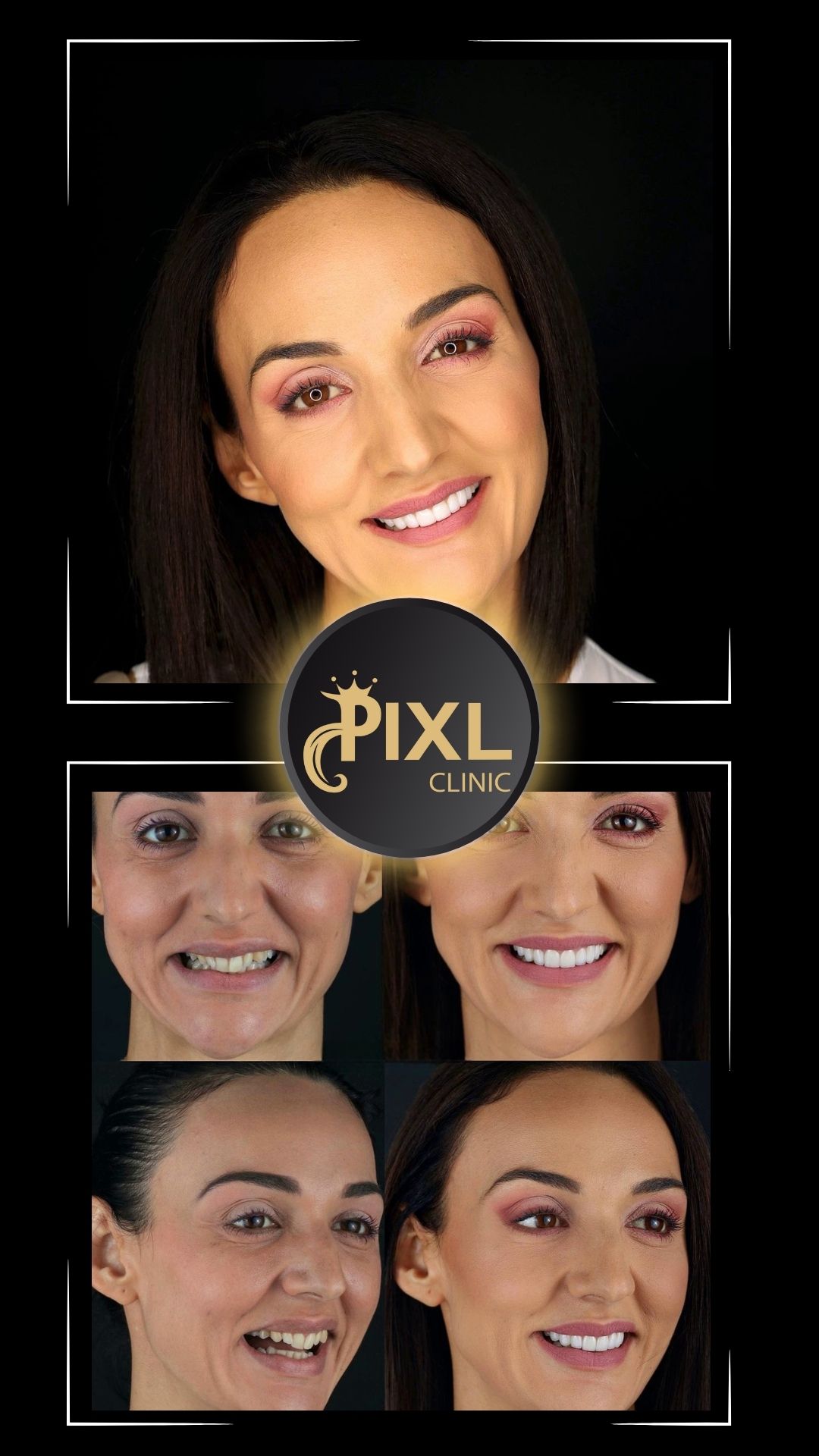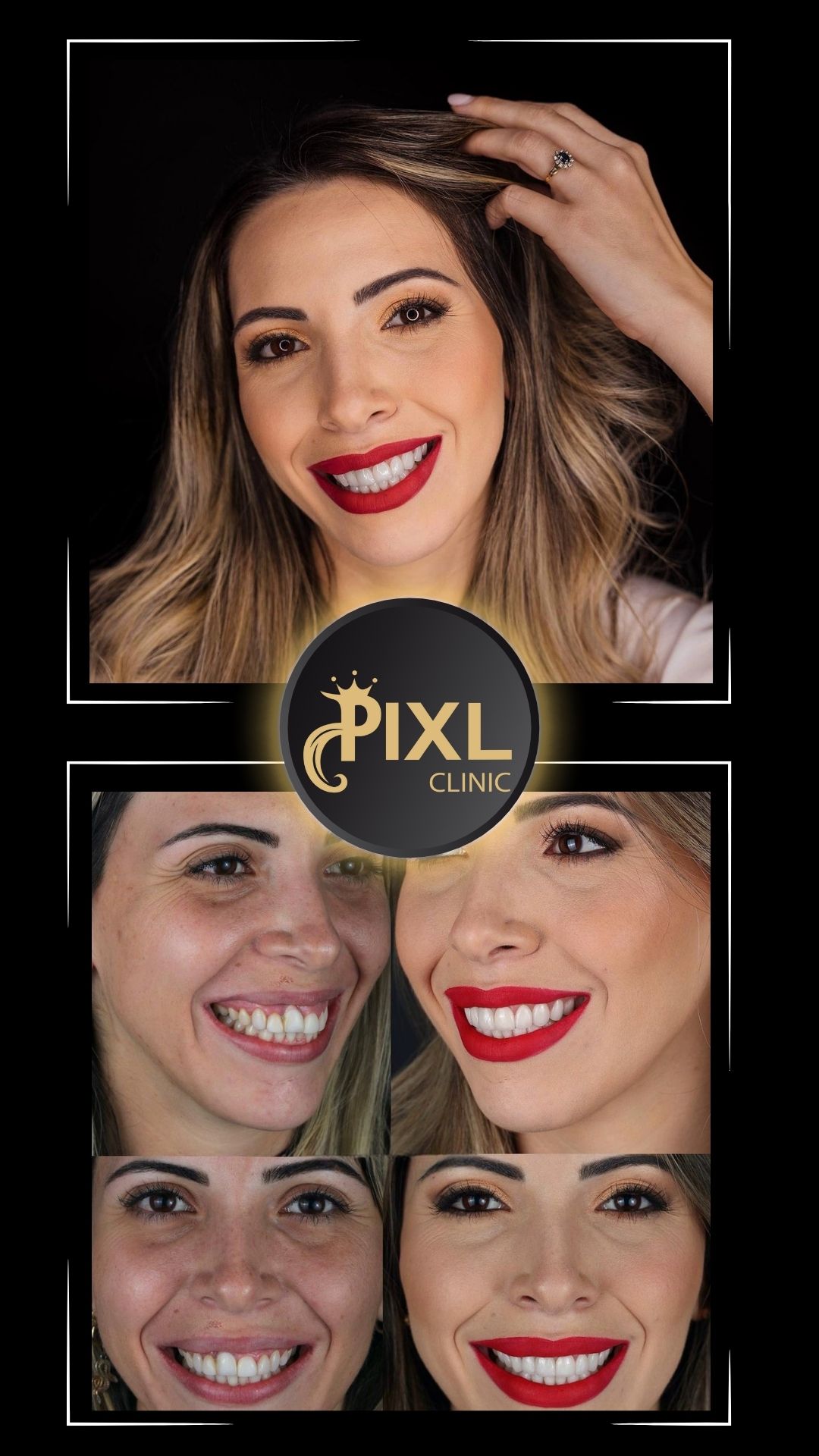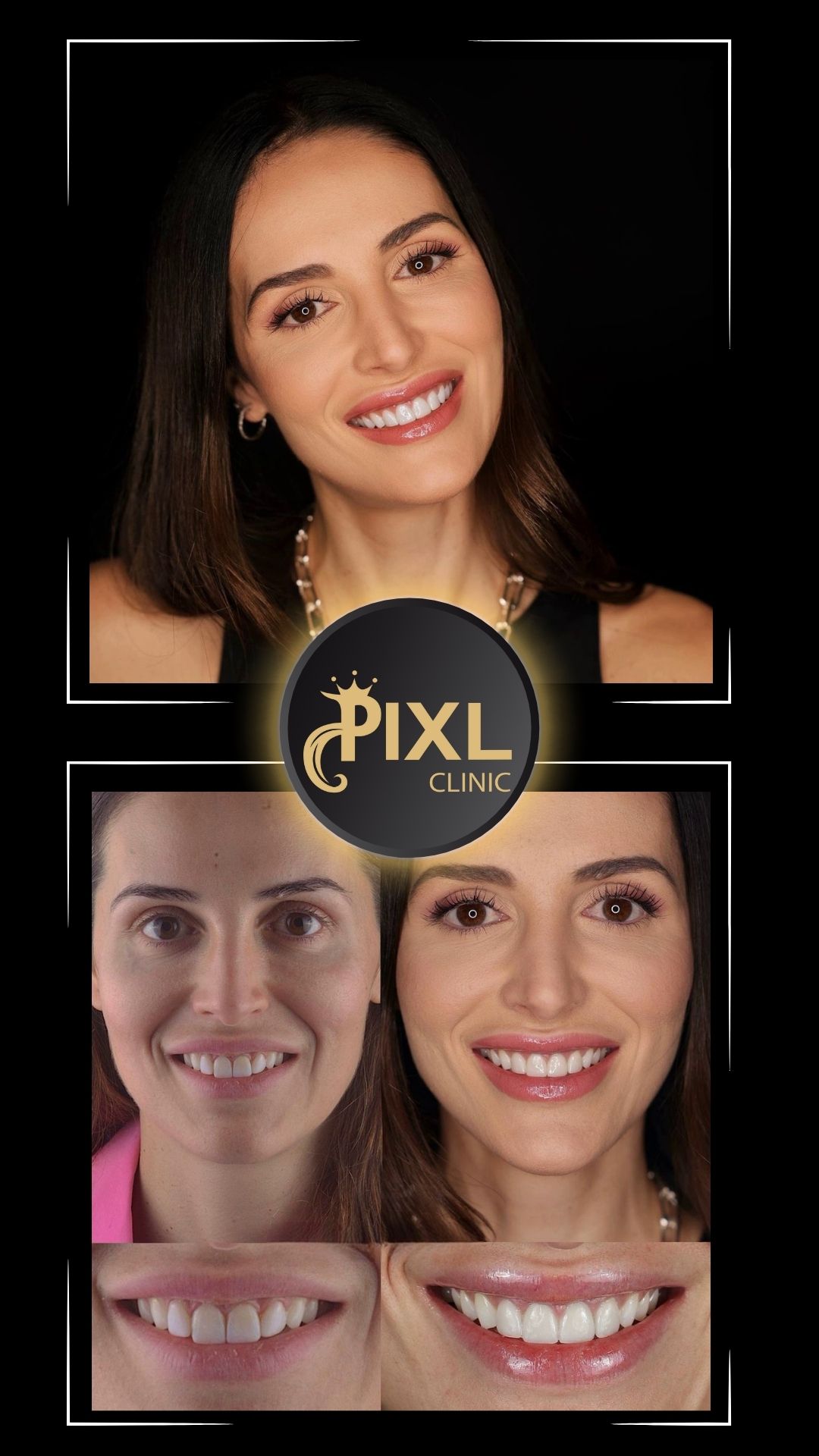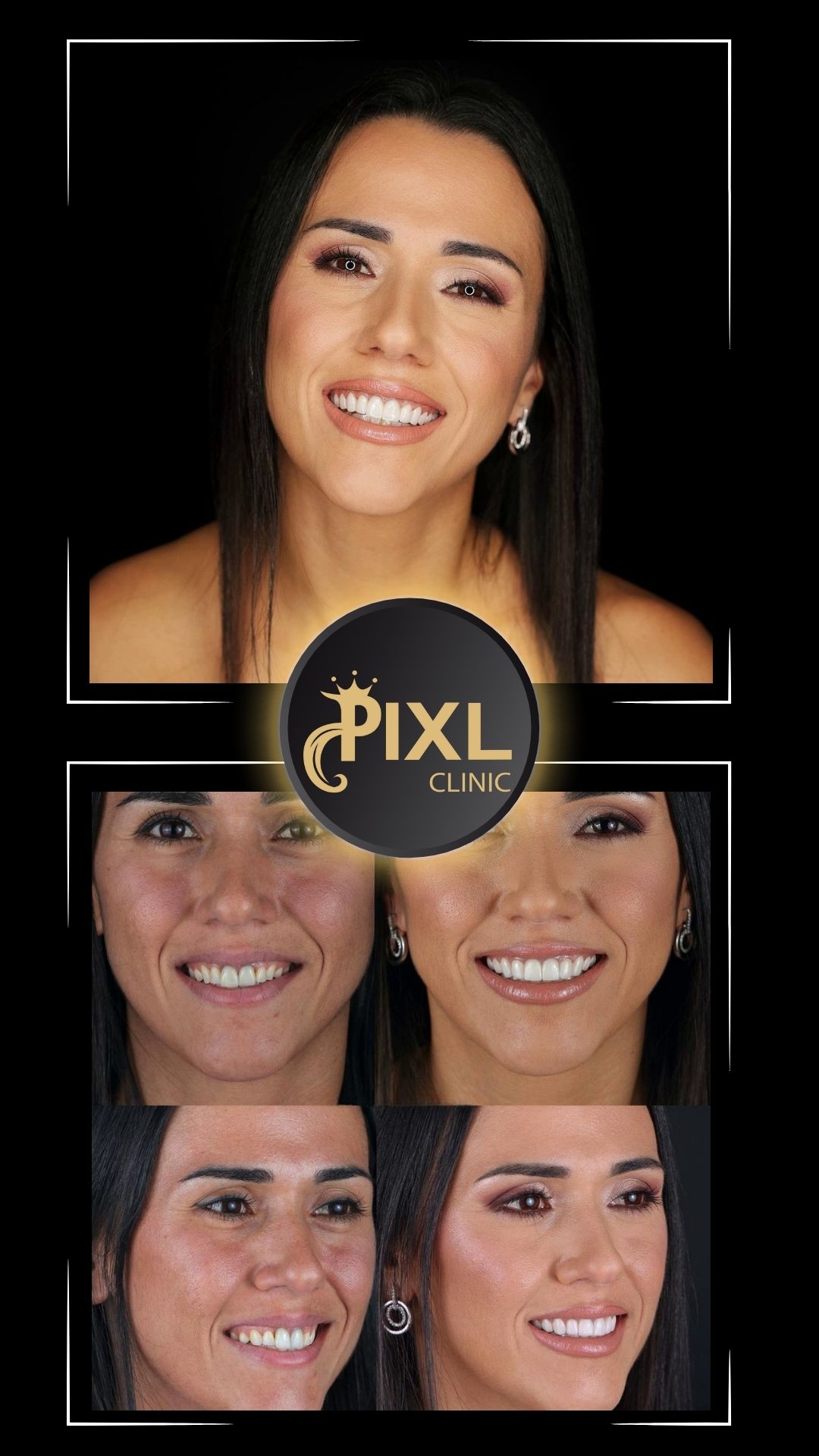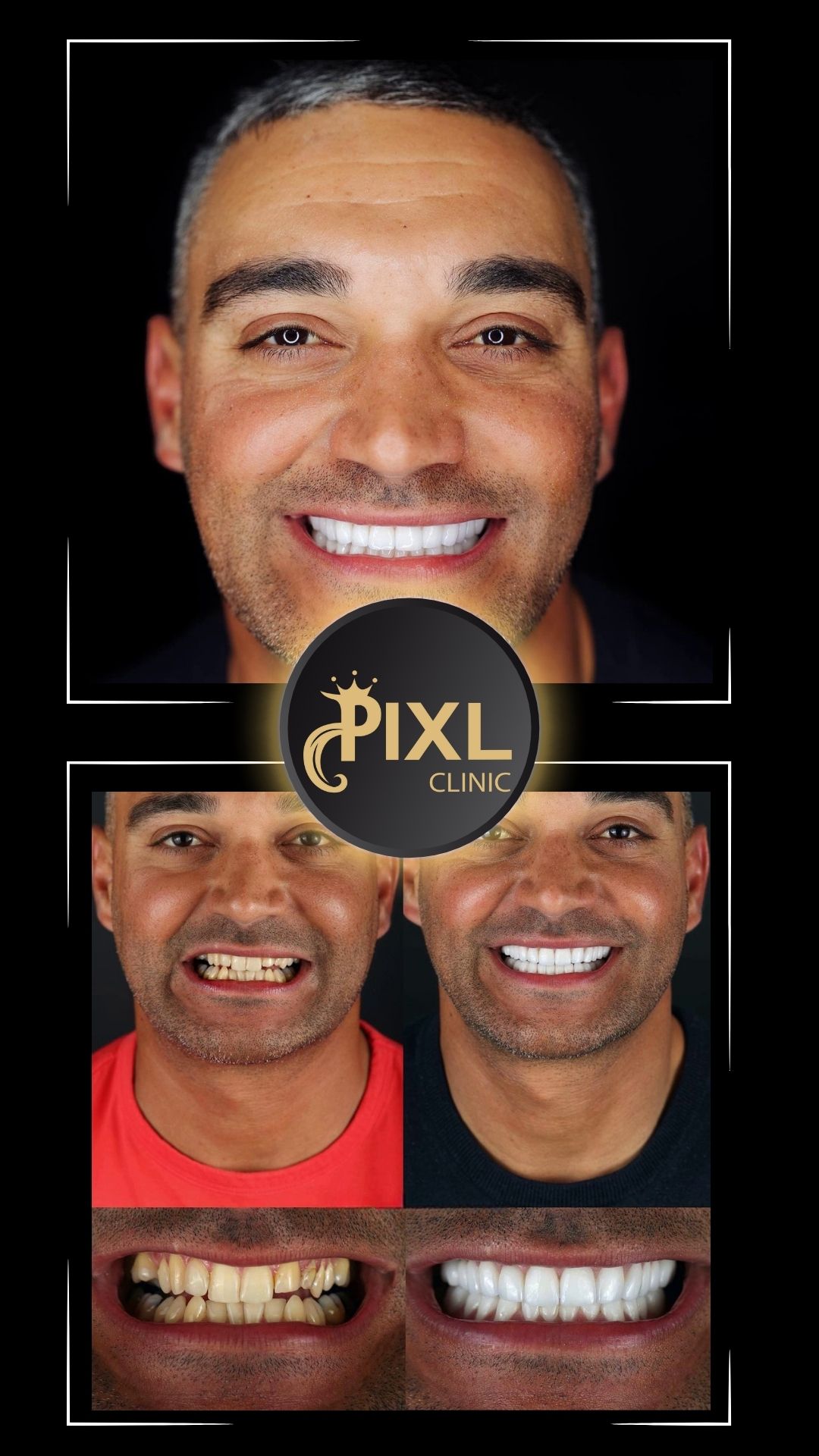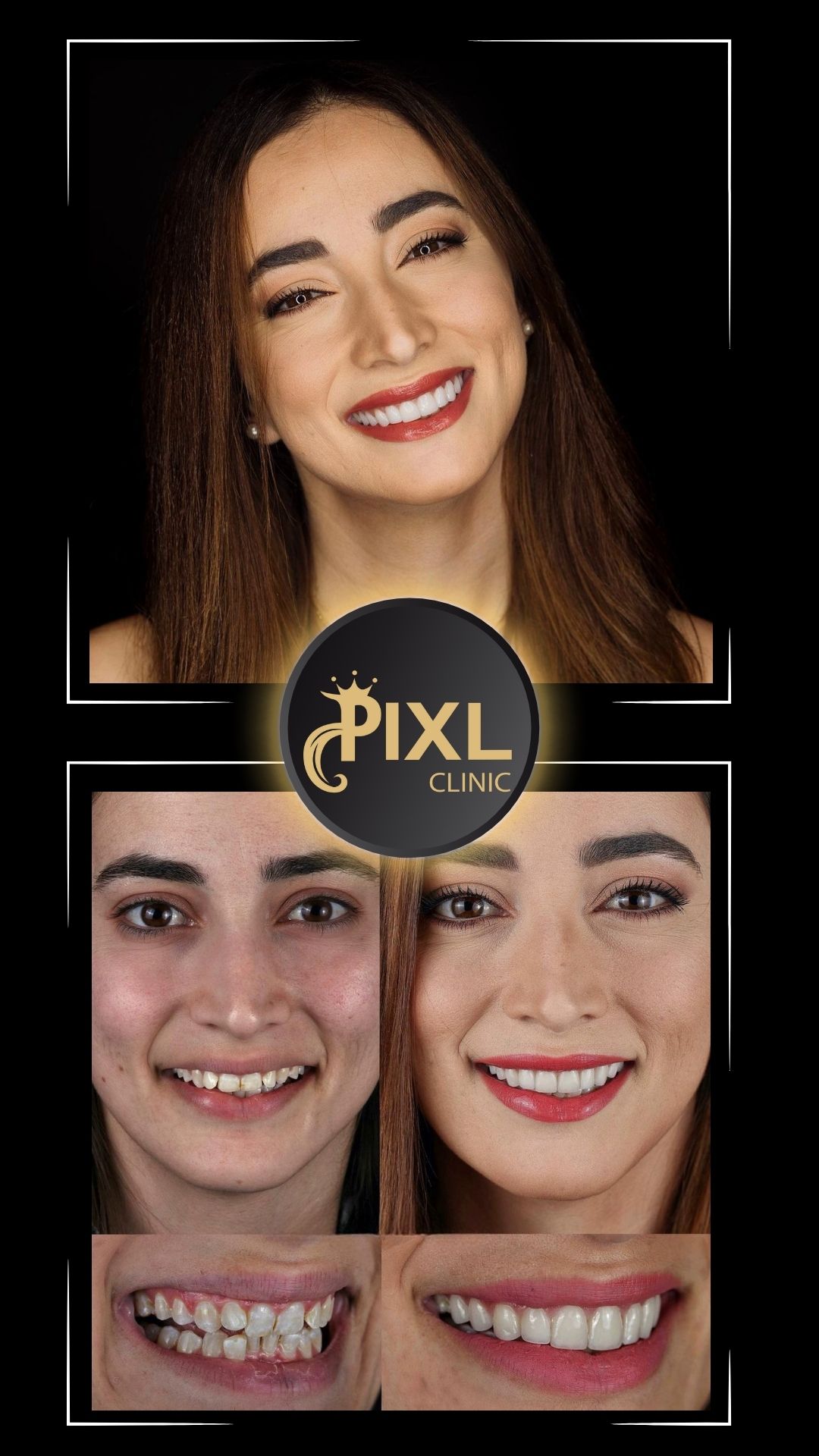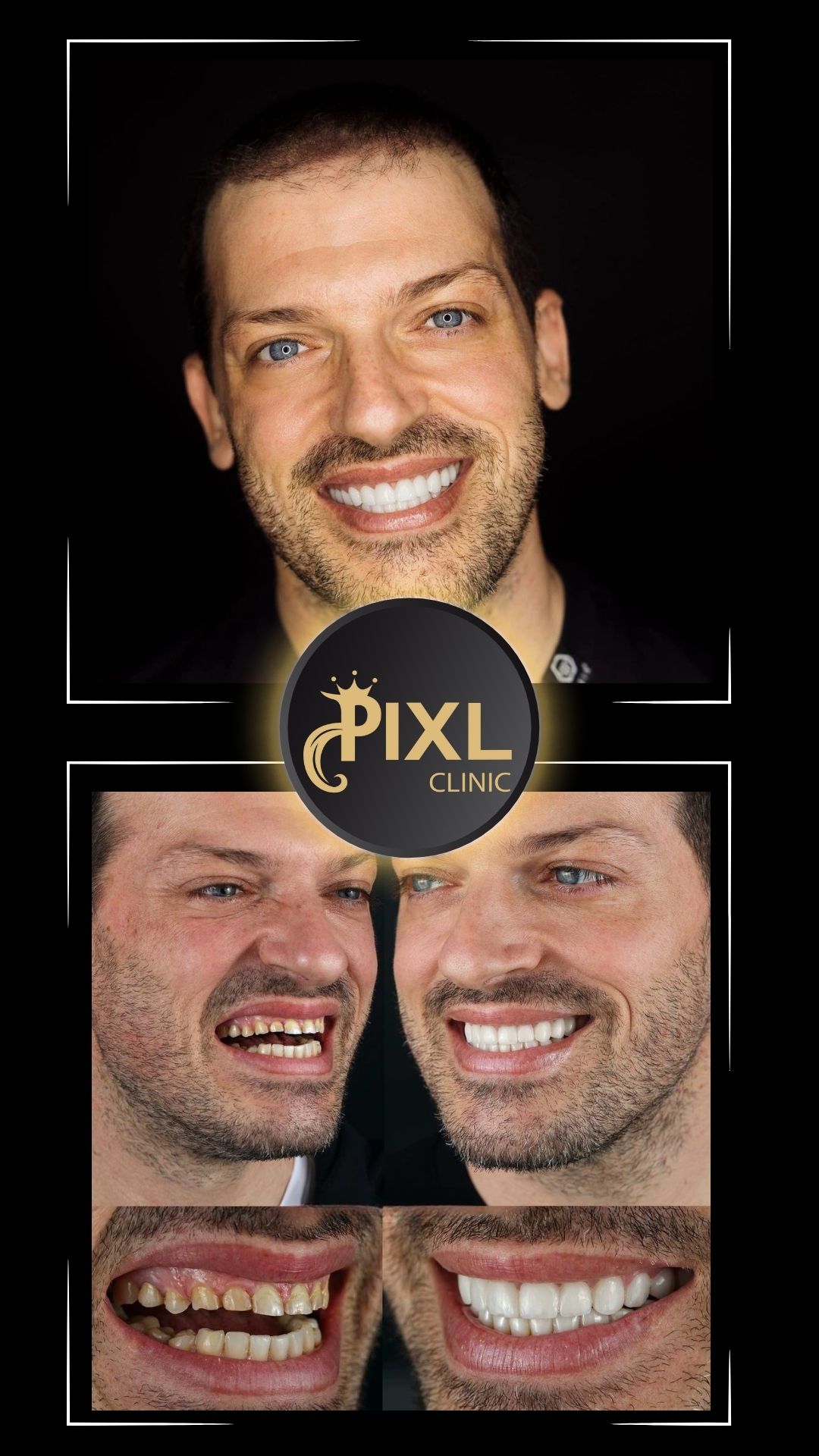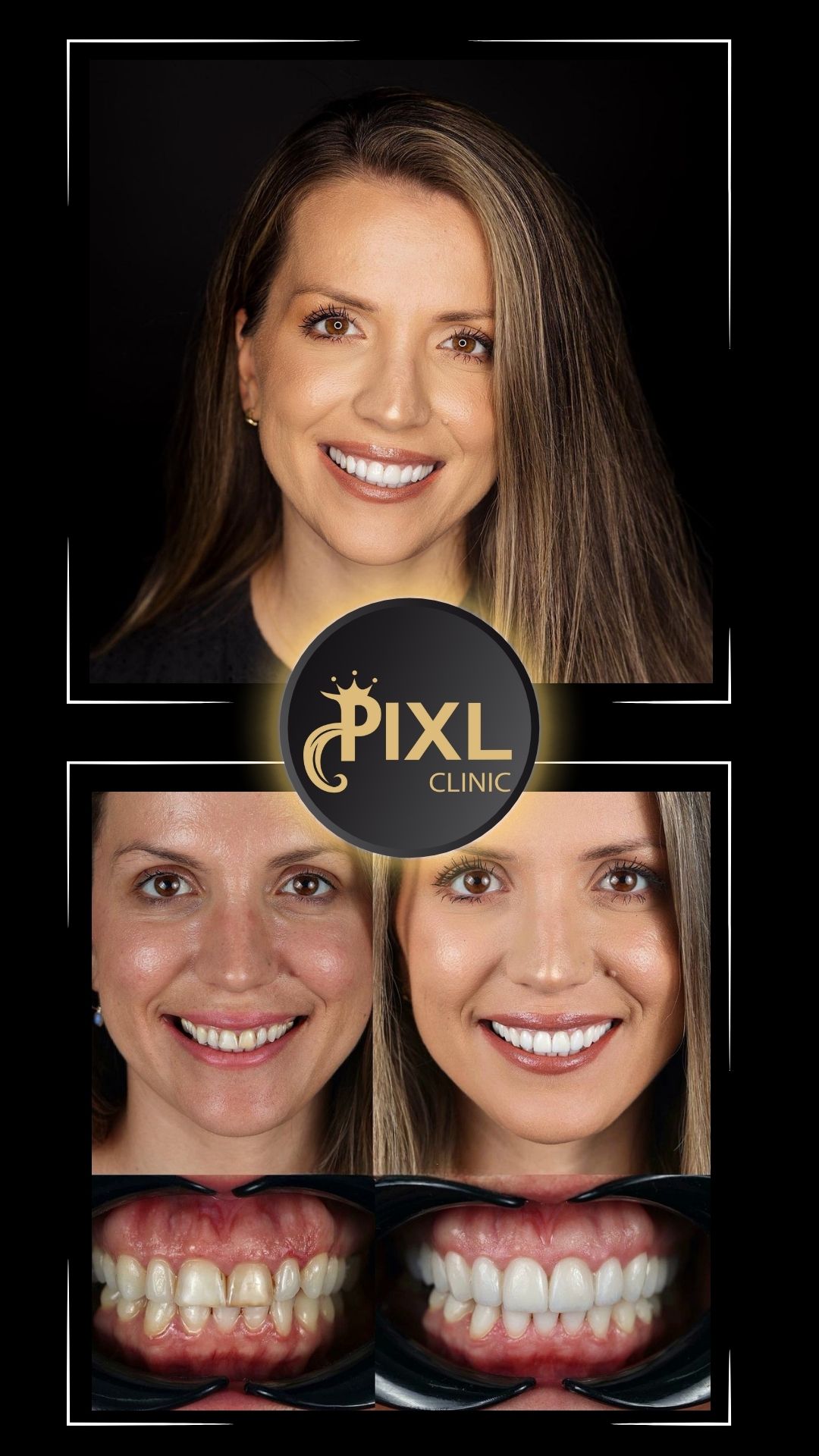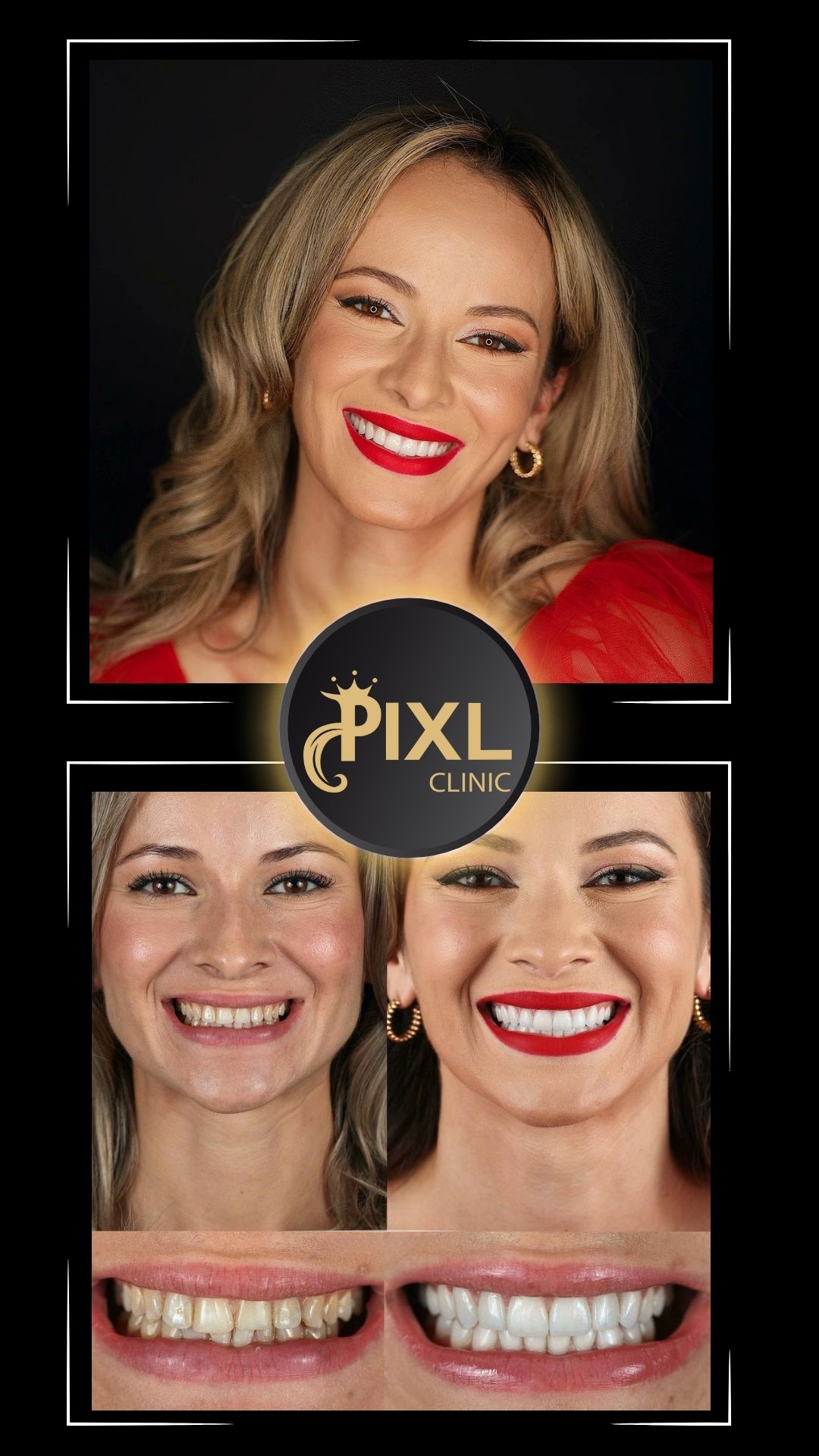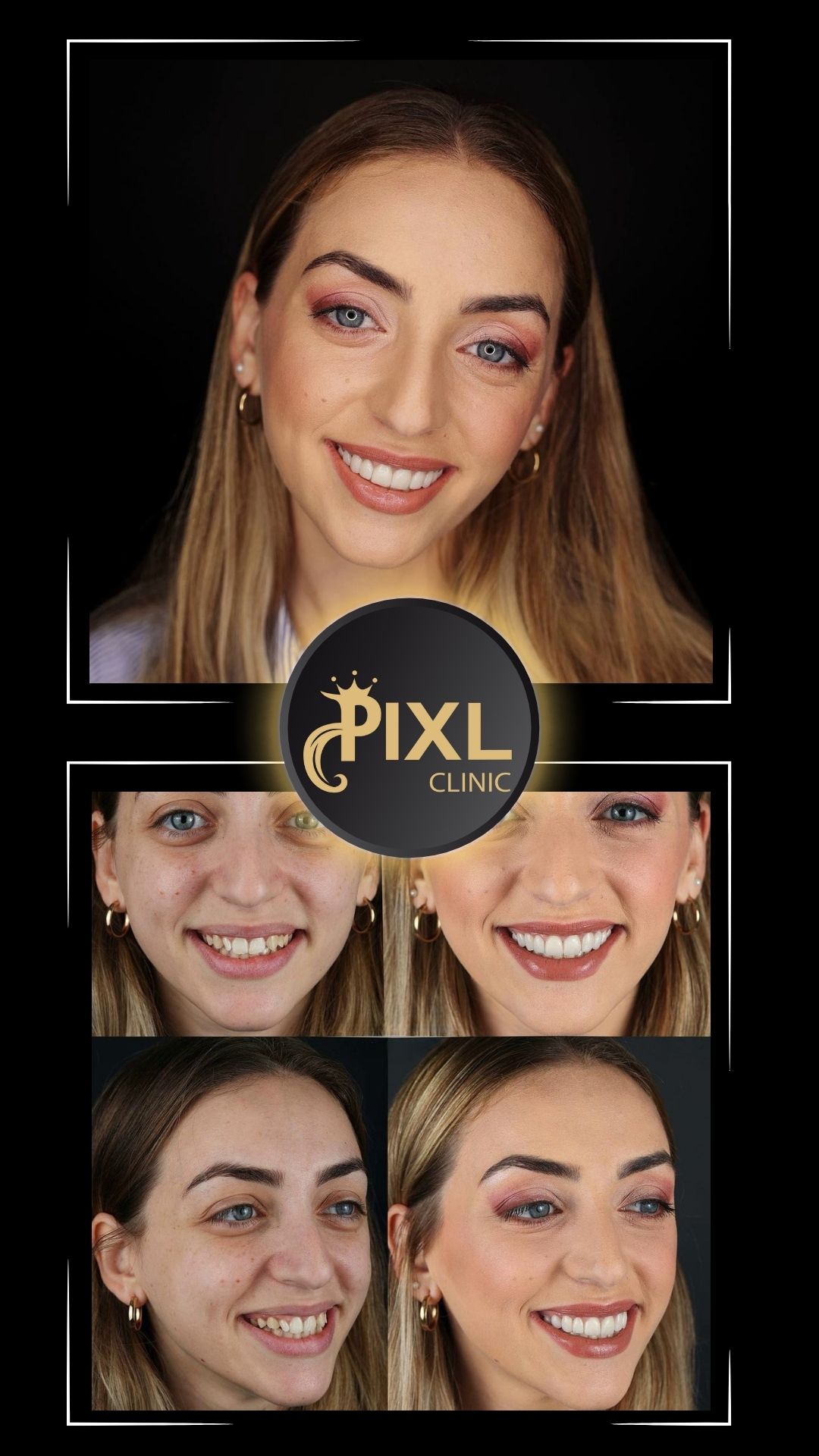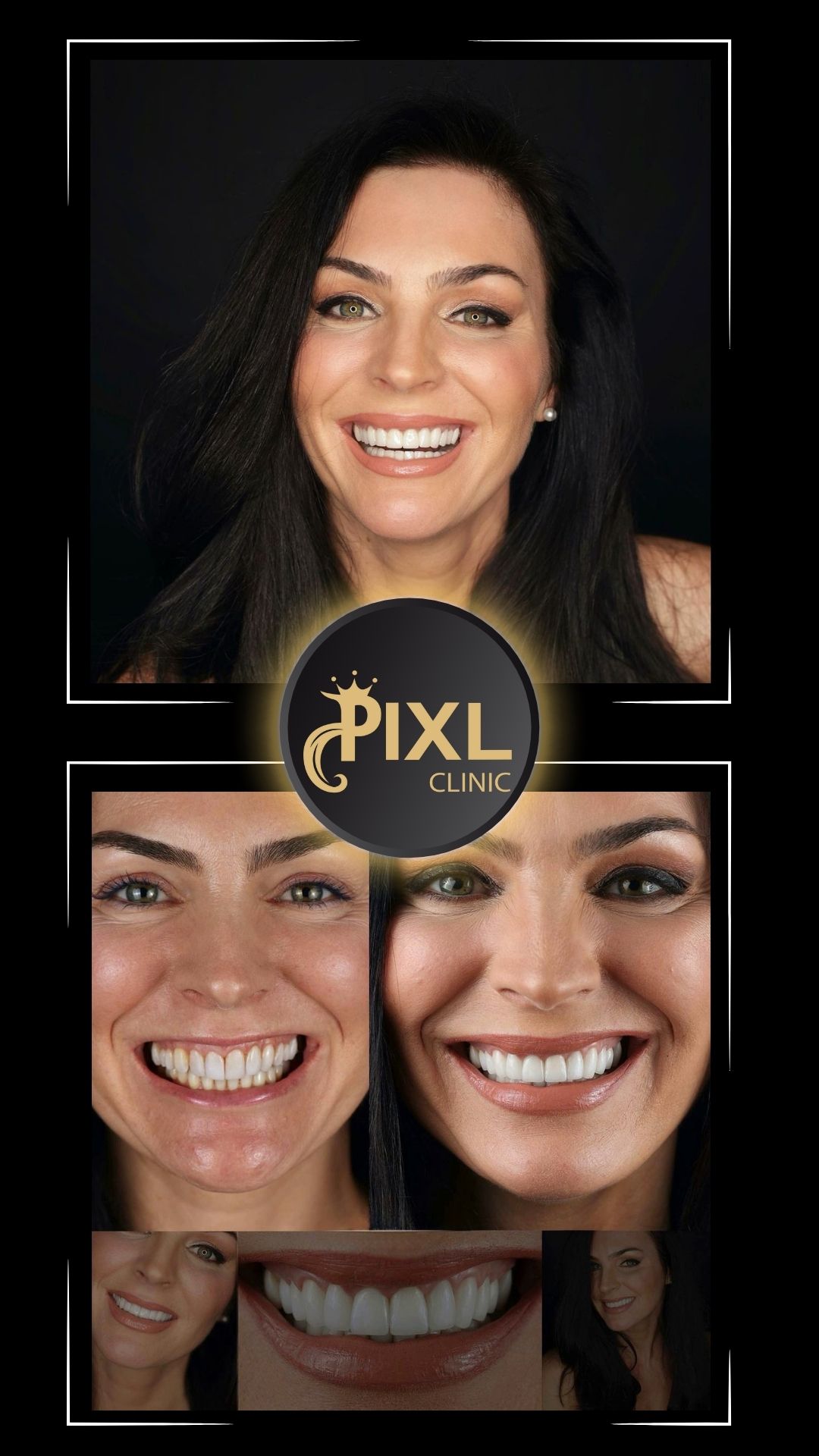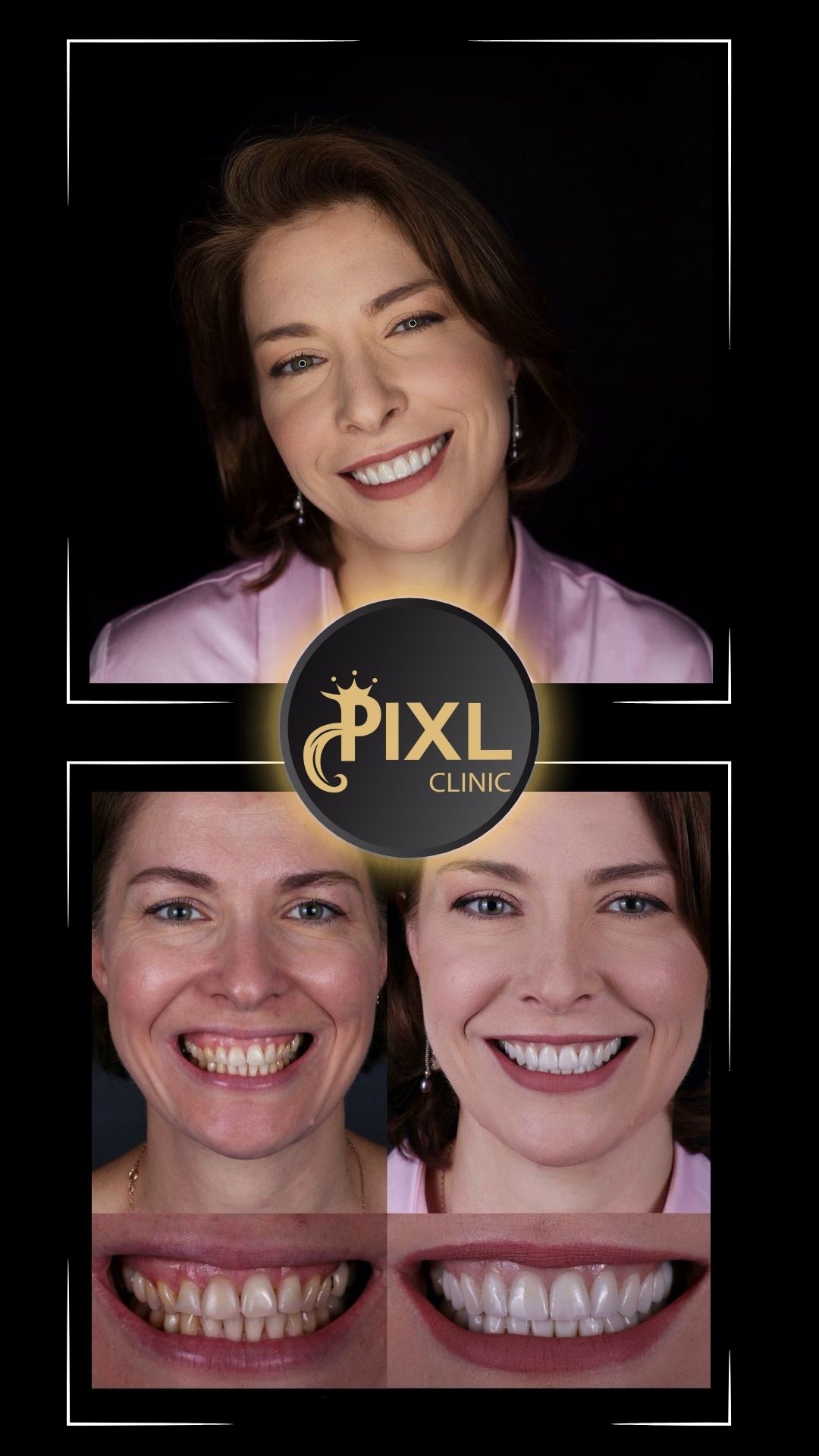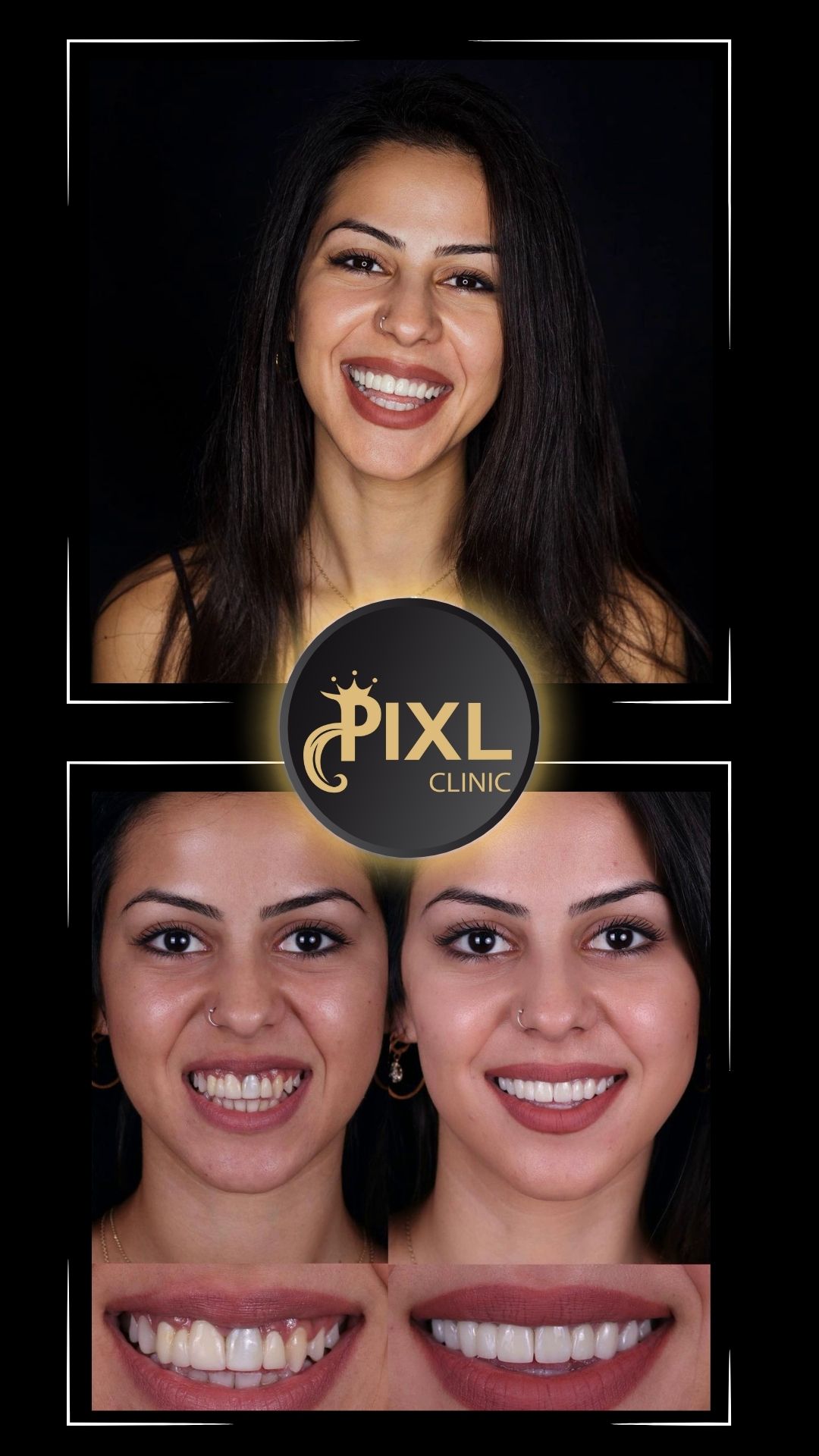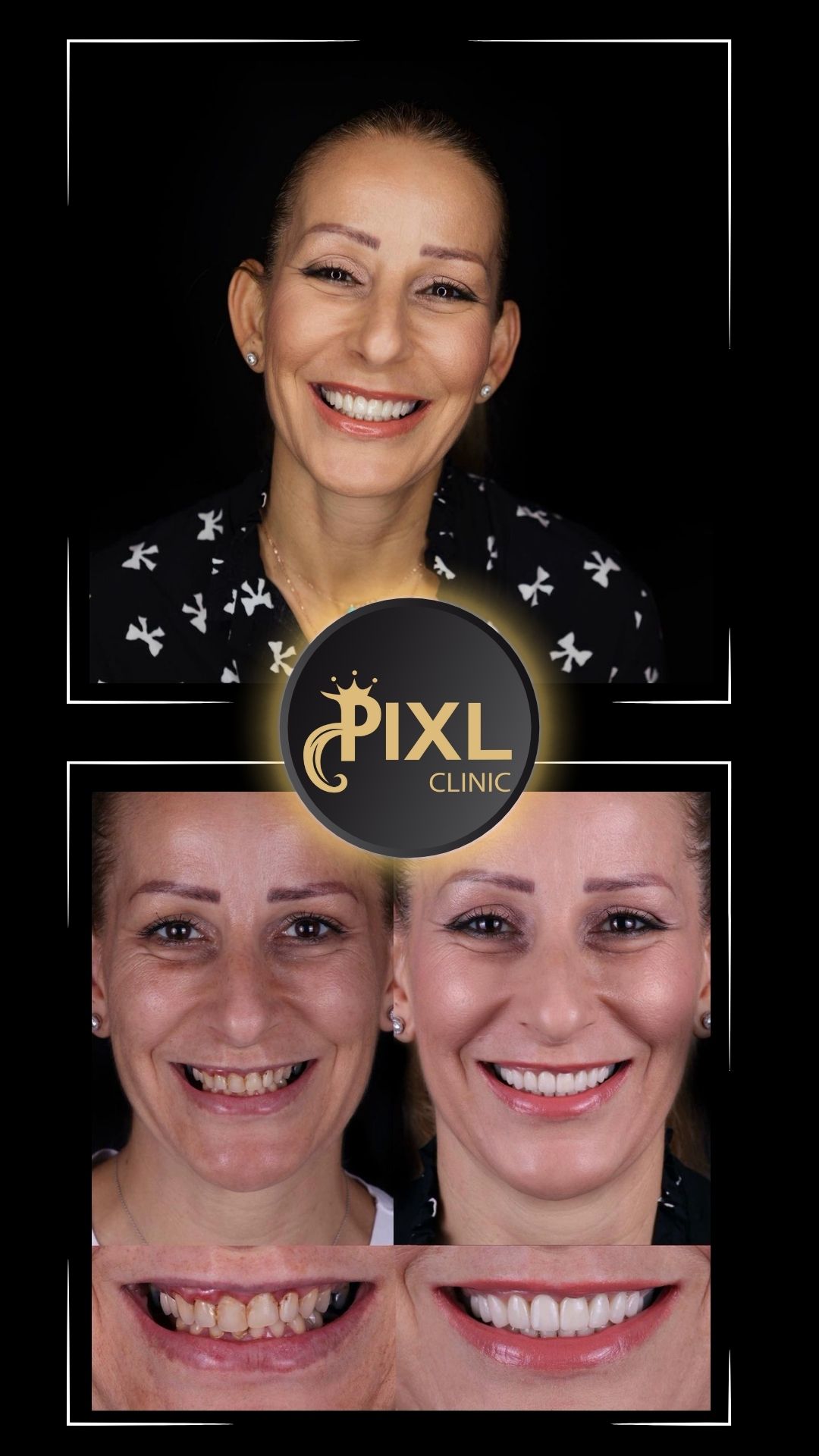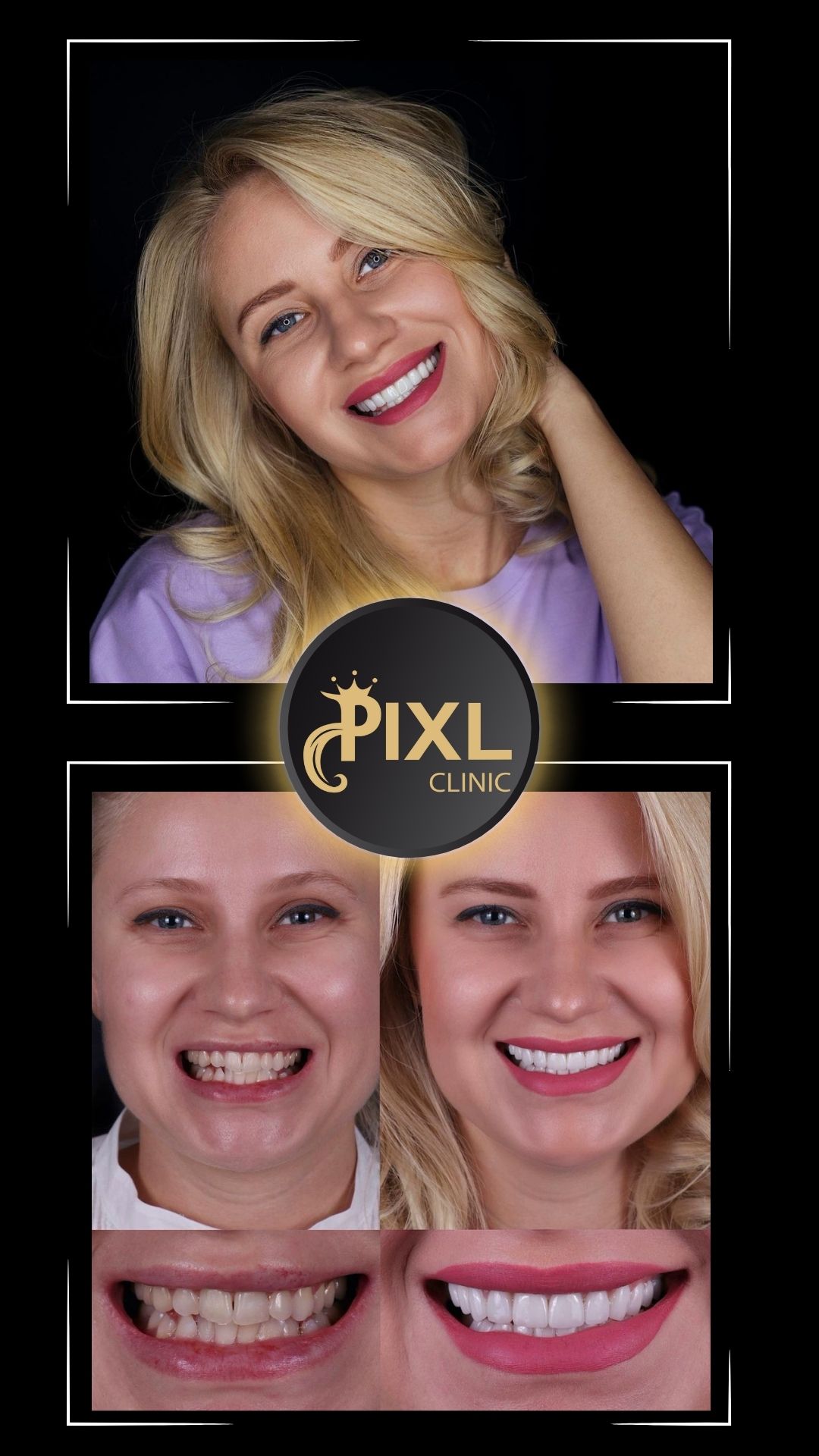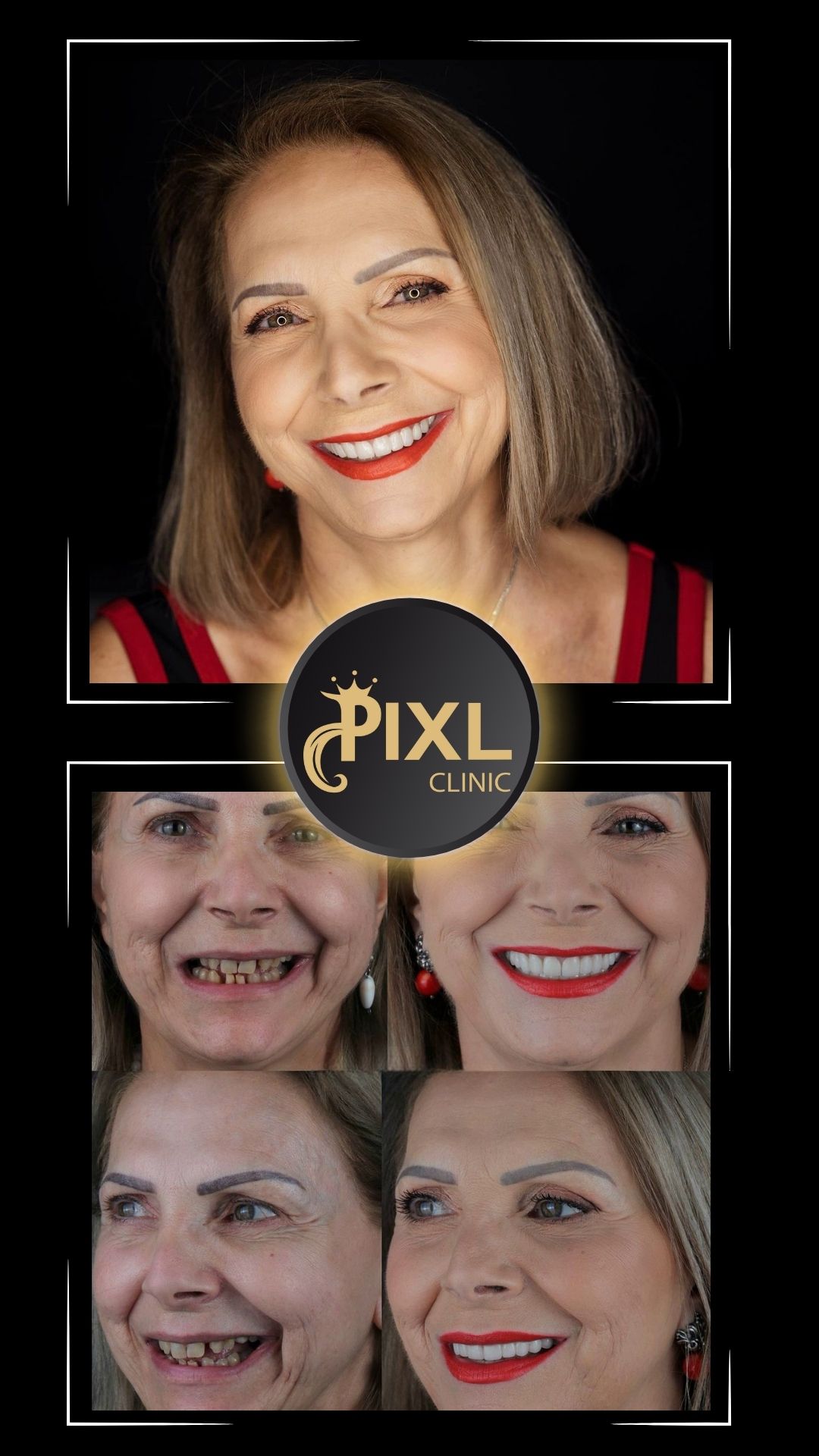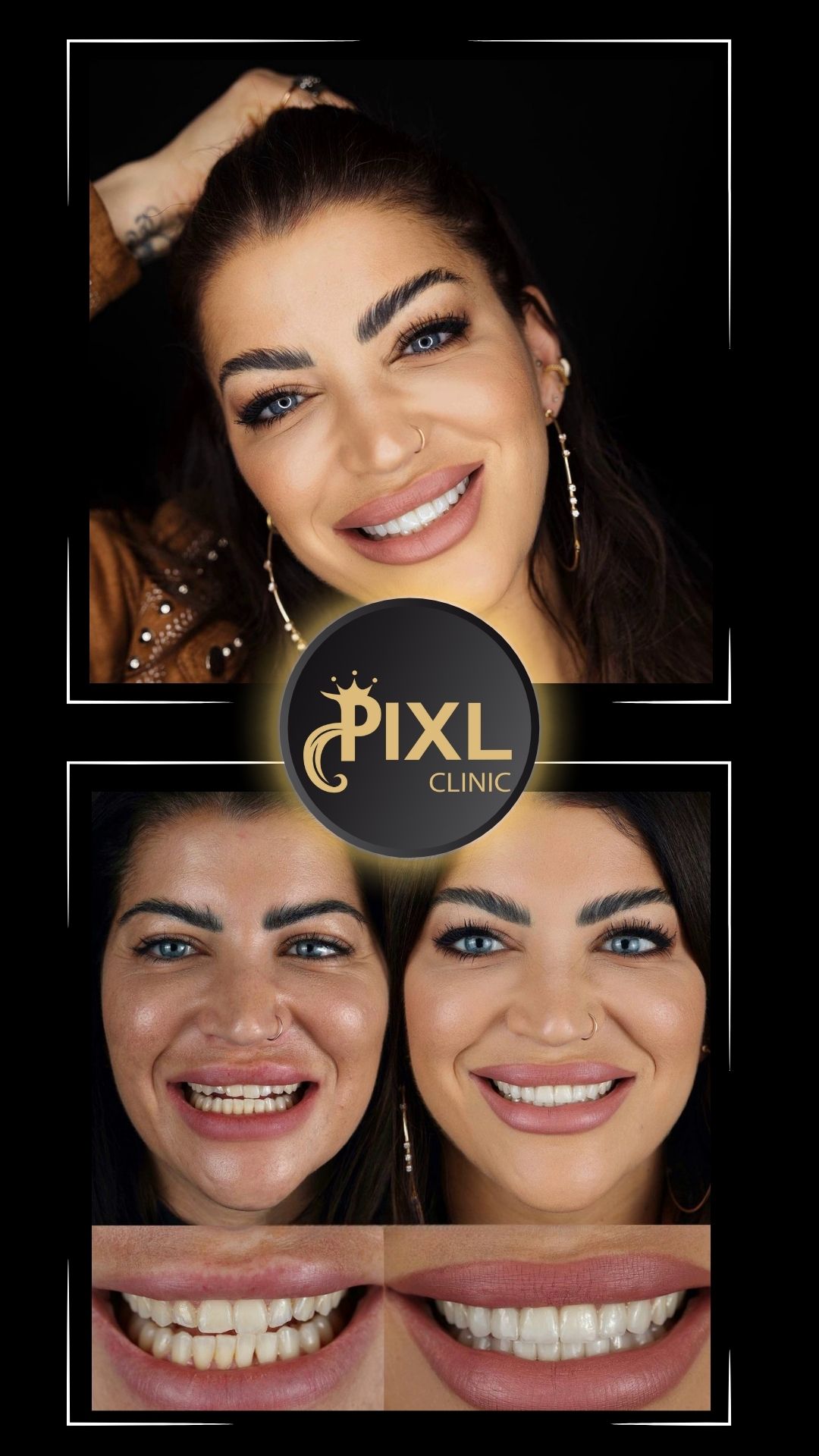The Cost of Porcelain Veneers: 3 Key Factors Influencing Pricing
Porcelain veneers have become a popular choice for individuals looking to enhance their smile. They offer a long-lasting, natural-looking solution to dental imperfections such as discoloration, misalignment, and chipped teeth. However, the cost of porcelain veneers can vary widely, leaving many wondering what determines the price. Here, we explore the three key factors that influence the pricing of porcelain veneers.
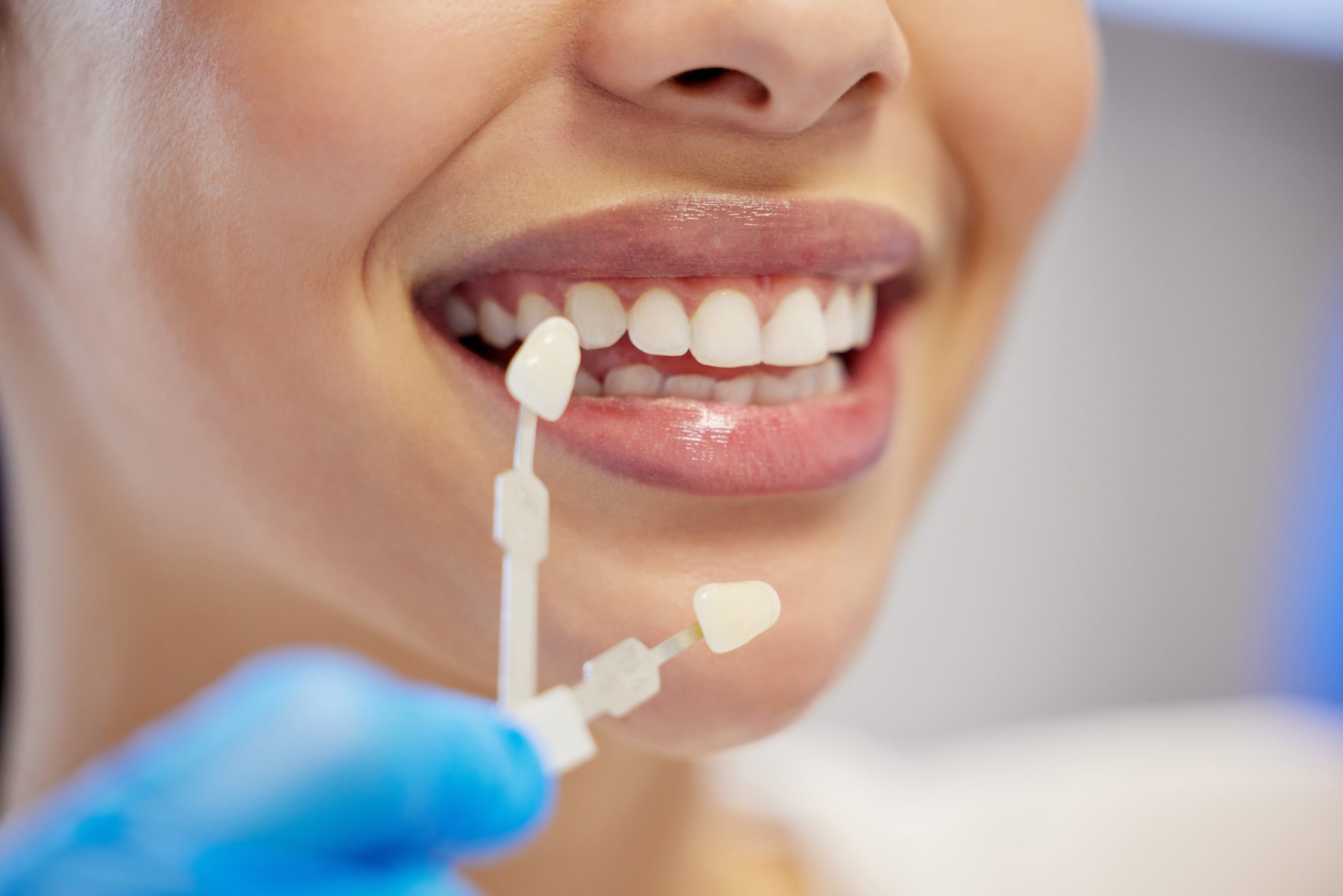
The Dentist’s Expertise and Location
One of the most significant factors affecting the cost of porcelain veneers is the expertise and location of the dental professional performing the procedure.
- Expertise and Reputation: Highly skilled cosmetic dentists with years of experience and advanced certifications typically charge more for their services. Their expertise ensures precise placement, durability, and aesthetics, making the investment worthwhile.
- Geographical Location: Dental costs vary based on the location of the practice. Clinics in metropolitan areas or regions with a higher cost of living often charge more than those in smaller towns or rural areas.
When choosing a dentist, it’s essential to balance affordability with quality to ensure the best results for your veneers.
Material Quality and Customization
The materials used for veneers play a crucial role in determining their cost. Porcelain veneers are renowned for their durability and lifelike appearance, but not all porcelain is created equal.
- Material Type: High-quality dental-grade porcelain, designed to mimic the translucence and texture of natural teeth, typically comes with a higher price tag.
- Customization: Custom veneers are tailored to each patient’s unique dental structure, ensuring a perfect fit and natural appearance. This level of personalization often increases the overall cost, but it enhances the longevity and aesthetic appeal of the veneers.
Choosing high-quality materials and customization ensures you get the most value from your veneers.
The Number of Veneers and Additional Procedures
The number of veneers you need and any additional treatments required can significantly influence the final cost.
- Number of Veneers: Patients opting for a full smile makeover (6–8 veneers) will pay more than those addressing a single tooth. Dentists often offer package pricing for multiple veneers, which can reduce the per-tooth cost.
- Preparatory Treatments: Some patients require additional procedures before veneer placement, such as teeth whitening, gum reshaping, or dental cleaning. These services add to the overall expense but ensure optimal results.
Discussing your goals and budget with your dentist can help you determine the most cost-effective treatment plan.
Investing in Your Smile
While porcelain veneers may seem expensive, they are a long-term investment in your confidence and oral health. Understanding the factors influencing their cost can help you make informed decisions about your treatment.
Remember, the cheapest option isn’t always the best when it comes to cosmetic dentistry. Prioritize quality and expertise to achieve a smile you’ll love for years to come. If you’re considering porcelain veneers, consult a qualified cosmetic dentist to discuss your options and get a personalized quote.
Frequently Asked Questions About Porcelain Veneers
How much do porcelain veneers typically cost per tooth?
The cost of porcelain veneers varies based on factors like the dentist’s expertise, location, and the materials used. On average, you can expect to pay between $250 and $350 per tooth in the United States.
Are porcelain veneers covered by dental insurance?
Most dental insurance plans consider porcelain veneers a cosmetic procedure and do not cover them. However, if veneers are needed for restorative reasons, such as repairing a damaged tooth, partial coverage might be available. It’s best to consult your insurance provider for specifics.
How long do porcelain veneers last?
With proper care, porcelain veneers can last 10 to 15 years or even longer. Regular dental check-ups and good oral hygiene practices can help extend their lifespan.
Does getting porcelain veneers hurt?
The procedure is generally painless. Dentists use local anesthesia during tooth preparation to ensure comfort. Some patients may experience mild sensitivity afterward, but it typically subsides within a few days.
Can porcelain veneers stain or discolor over time?
Porcelain veneers are resistant to stains from foods and beverages like coffee, tea, and red wine. However, it’s important to maintain good oral hygiene, as the surrounding natural teeth can still stain, leading to a color mismatch.
What is the difference between porcelain veneers and composite veneers?
- Porcelain Veneers: Custom-made in a lab, more durable, natural-looking, and stain-resistant but more expensive.
- Composite Veneers: Applied directly to the teeth in one visit, less costly, but less durable and more prone to staining.
Can anyone get porcelain veneers?
Most people with healthy teeth and gums are good candidates. However, those with significant decay, gum disease, or insufficient enamel may need to address these issues first. A consultation with a cosmetic dentist will determine eligibility.
How do I care for my porcelain veneers?
- Oral Hygiene: Brush twice daily and floss regularly.
- Regular Dental Visits: Schedule check-ups and cleanings every six months.
- Avoid Hard Foods: Don’t chew on hard objects like ice or pens.
- Wear a Mouthguard: If you grind your teeth at night, a mouthguard can protect your veneers.
Will my speech be affected after getting veneers?
Most patients do not experience changes in speech. There might be a short adjustment period where your tongue adapts to the new tooth surfaces, but this typically resolves quickly.
Can veneers be replaced if damaged?
Yes, damaged veneers can be removed and replaced. If a veneer chips or cracks, contact your dentist promptly to discuss repair or replacement options.
Is the veneer procedure reversible?
No, the process is irreversible. A thin layer of enamel is removed to place the veneer, permanently altering the tooth. It’s important to be certain about the decision and discuss any concerns with your dentist beforehand.
How many veneers should I get?
The number depends on your aesthetic goals. Some opt for a single veneer to fix a specific issue, while others get 6–8 veneers for a complete smile makeover. Your dentist can help you decide what’s best for your needs.
Do veneers require special maintenance?
Veneers don’t require special maintenance beyond good oral hygiene practices. However, avoid using abrasive toothpaste, and consider limiting foods that could damage your veneers.
Can veneers fix crooked teeth?
Veneers can correct minor misalignments, giving the appearance of straighter teeth. For significant alignment issues, orthodontic treatments like braces or Invisalign may be more appropriate.
What should I consider when choosing a cosmetic dentist for veneers?
- Experience and Credentials: Look for a dentist specialized in cosmetic dentistry with positive patient reviews.
- Before-and-After Photos: Review their previous work to assess quality.
- Consultation: Schedule a meeting to discuss your goals and get a personalized treatment plan.

